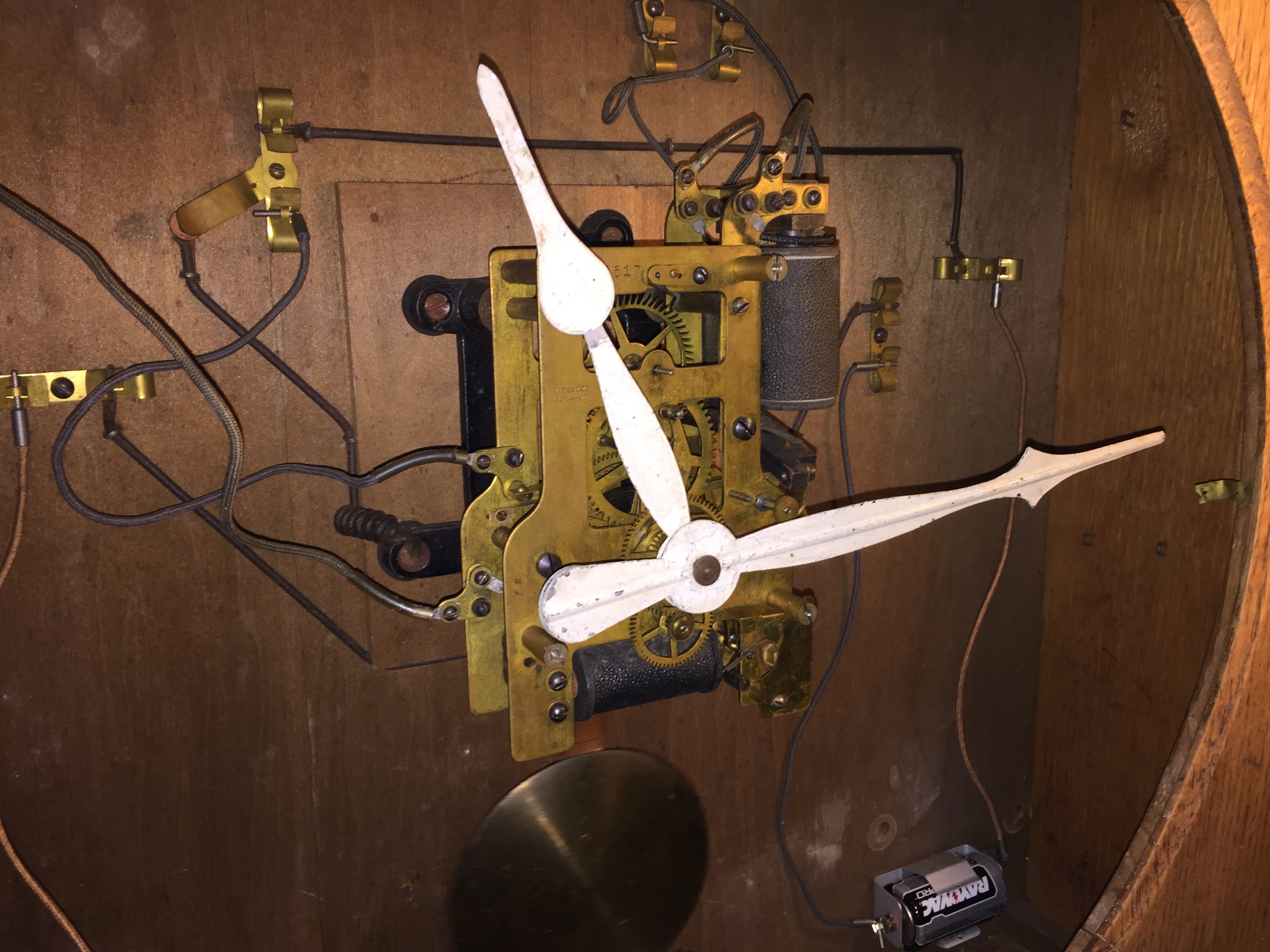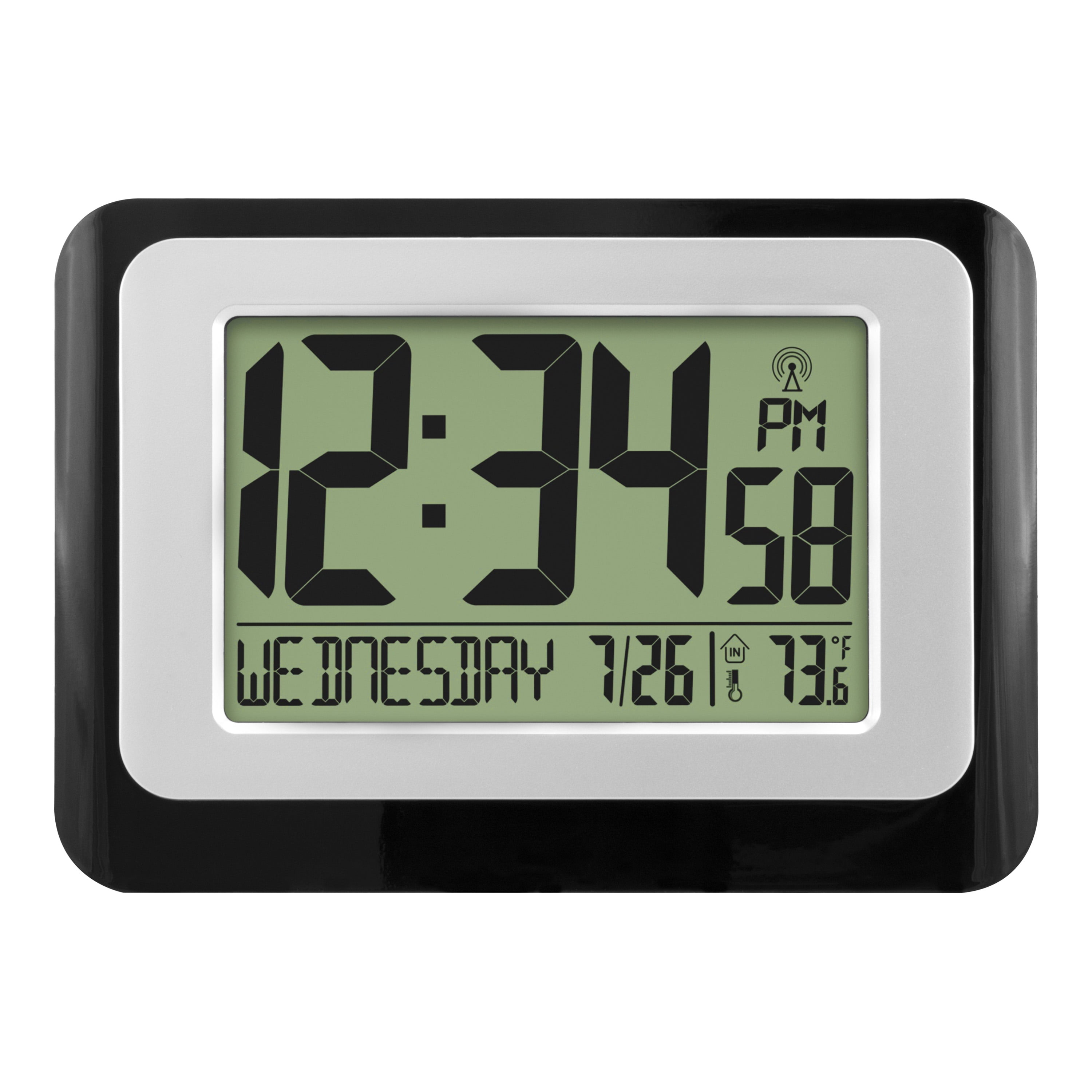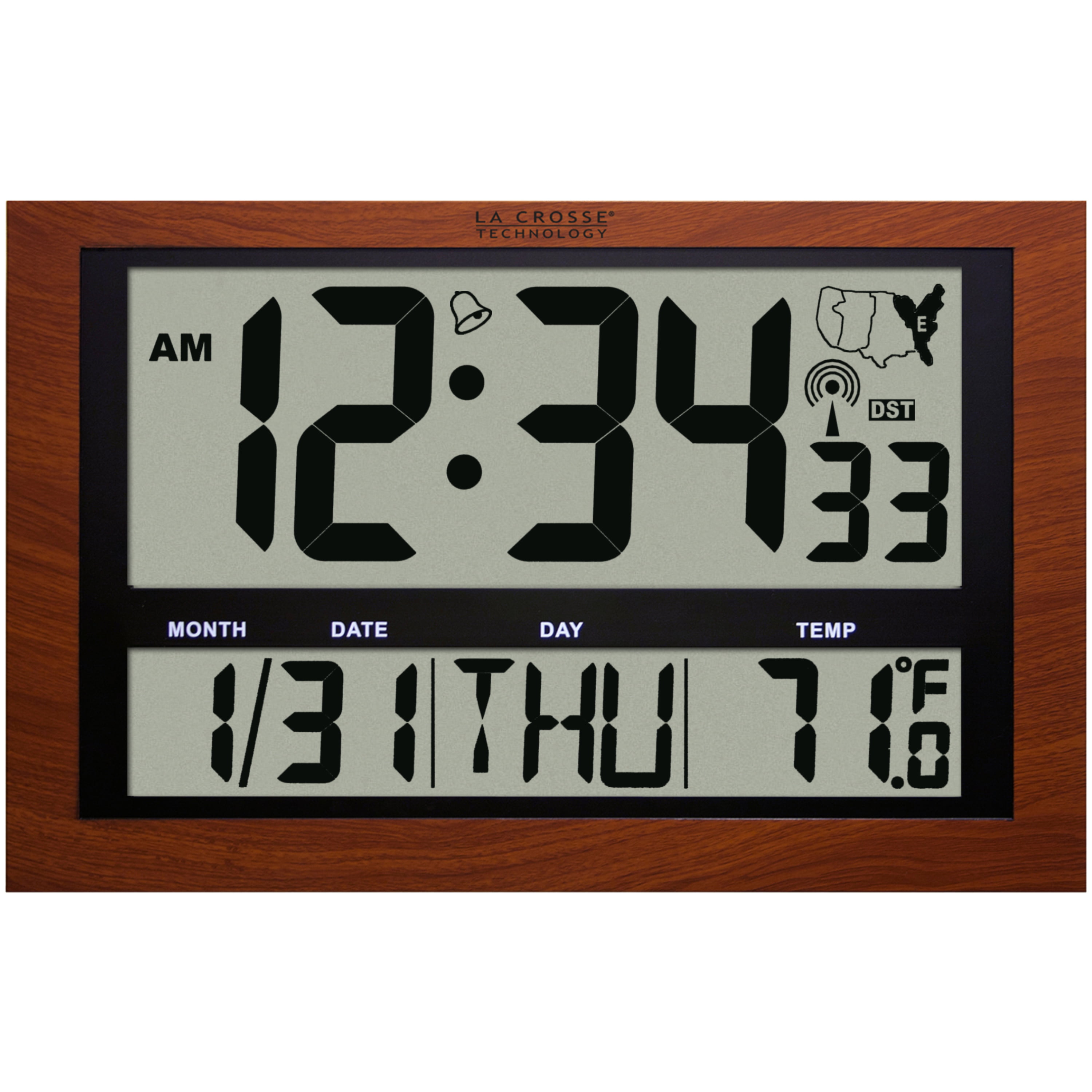

The European satellite navigation constellation, Galileo, will likely vary from International Atomic Time by 33 nanoseconds. Ever wanted to know exact current time to celebrate someones birthday or New Years Eve Or simply to synchronize clocks AtomicClock provides the accurate. Global positioning satellites' internal atomic clocks race 13 seconds ahead of UTC. Other names: Universal Time Coordinated / Universal Coordinated Time.

Leap seconds are introduced at pre-defined intervals to compensate for variations in the earths rotation. National laboratories around the world have atomic clocks synchronised to this atomic time standard. UTC is an official world-wide atomic clock time standard. At the bureau's word, clocks register a leap second by marking 23:59:59 twice - early in the business day in Asia. UTC / GMT is the basis for local times worldwide. UTC stands for Universal co-ordinated time. UTC is not dependent on daylight saving time. This 24-hour time standard is kept using highly precise atomic clocks combined with the. The definition in terms of frequency of atomic radiation was replaced with the International System. Coordinated Universal Time (UTC) is the basis for civil time today. The telecom industry, among others, relies on precise timekeeping. UTC, which is based on highly precise atomic clocks and the Earths rotation, is the new standard of today. Coordinated Universal Time (UTC), and Leap Seconds. And it keeps getting kludgier: For some reason, Earth's rotation is slowing, forcing our atomic time lords to insert corrective "leap seconds." Before the difference between the UT1 and UTC reaches 0.9 seconds, a leap second is added to UTC, so our clocks reflect the speed of the Earth's rotation (UT1. But it's a kludge, merging atomic time (1 second is 9,192,631,770 specific oscillations of a cesium 133 atom) with rotational time (1 second is 1/86,400 of a day). Earth's rotation slows down over time, so UT1 deviates increasingly from International Atomic Time (TAI), the second fundament of UTC, which is measured by highly precise atomic clocks. The International Bureau of Weights and Measures adopted Coordinated Universal Time, or UTC, in 1972.

It depends on which clock you're looking at - the world's timekeepers can't get synchronized.


 0 kommentar(er)
0 kommentar(er)
